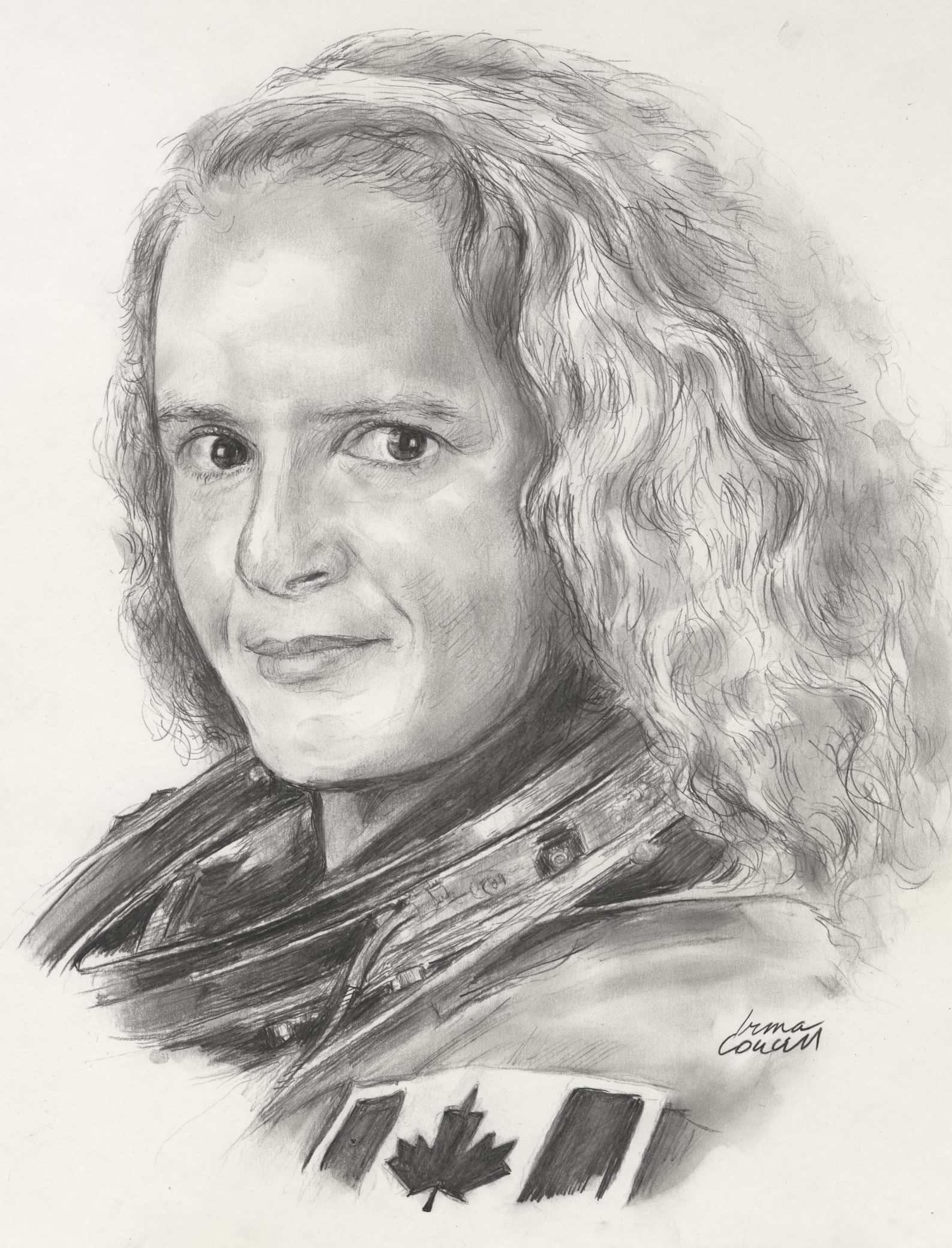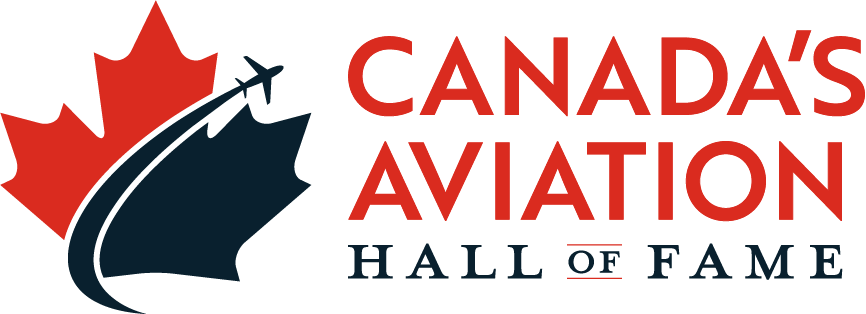Julie Payette

Birth Date: October 20, 1963
Birth Place: Montreal, Quebec
Year Inducted: 2010
Awards: OC; CQ
She served the Canadian Space Agency as an astronaut in two space missions from NASA in 1999 and 2009 as a mission specialist and flight engineer. Her work has included docking with the International Space Station, supervising space walks and operating robotic arms on space shuttles. From 2000-2007 she was Chief Astronaut for the CSA, and continues her work at Mission Control Center in Houston
A Passion for Space
Julie Payette, OC, CQ was born in Montreal, Quebec, on October 20, 1963 and as a youngster, Ms. Payette was fascinated by space travel. She says,
"I have always wanted to fly. When I was at primary school I watched the Apollo missions on television and wanted to be an astronaut. I saw the astronauts preparing for flight, watched the rocket launching and saw the astronauts walking on the moon and driving the lunar vehicle, thinking I would like to do that!"
At age 19, she contacted a Canadian Air Force recruitment office about a career as a pilot and was told that pilot positions were not open to women. Undeterred, Julie entered McGill University, graduating cum laude with a bachelor's degree in electrical engineering in 1986.
Work and Education
She then conducted research in computer systems, language processing and automatic speech recognition. She worked as a system engineer with IBM Canada in 1986-1988, as a research assistant at the University of Toronto, and earned a Master of Applied Science degree in computer engineering from the U of T in 1990. Work followed as visiting scientist at an IBM Research Laboratory in Switzerland in 1991 and as research engineer with BNR/Northern in Montreal in 1992.
Becoming an Astronaut
In June 1992, the Canadian Space Agency (CSA) selected Ms. Payette from 5,330 applicants to become one of four astronauts. Established in 1989, the mandate of the Canadian Space Agency is: To promote the peaceful use and development of space, to advance the knowledge of space through science and to ensure that space science and technology provide social and economic benefits for Canadians.
Flying Qualifications
After basic training in Canada, Ms. Payette worked as a technical advisor for the Mobile Servicing System Canadarm2, the advanced robotics system contributed by Canada to the International Space Station.
Starting with pilot training and earning a private pilot's license at the Ottawa Flying Club in 1993, she added aerobatic, multi-engine and IFR ratings as well as a commercial license to her qualifications. Julie Payette gained operational experience as a jet pilot by earning her wings at 15 Wing, CFB Moose Jaw, flying the Tutor CT-114 jet.
Space Shuttle Discovery
In 1996 she was deployed by the Canadian Space Agency to the Johnson Space Center in Houston, Texas, NASA'S human space flight training center. Julie flew her first space flight on Space Shuttle Discovery from May 27 to June 6, 1999 as a crew member on STS-96. The crew performed the first manual docking of the shuttle to the International Space Station and delivered four tons of supplies. On this flight, Payette served as a mission specialist, was responsible for the Station systems, supervised the space walk and operated the Canadarm robotic arm. The mission was accomplished in 153 orbits of Earth in almost 10 days. In that mission, Ms. Payette was the first Canadian to board the Space Station when construction had just begun on it. Today, it is a fully functional space laboratory where astronauts live and work.
Chief Astronaut
From September 1999 to December 2002, Ms. Payette was assigned to represent the Astronaut corps at the European and Russian space agencies where she supervised procedure development, equipment verification and space hardware processing for the International Space Station Program. She then spent several years at Mission Control Center Houston as a Capcom, the person responsible for communications between the ground and astronauts on orbit. From 2000 to 2007 she was Chief Astronaut for the Canadian Space Agency.
Space Shuttle Endeavor
Astronauts spend many hours in simulators to ready themselves for space flights. In July 2009, Julie was back in space, flying as the Flight Engineer aboard the space shuttle Endeavor on Mission STS-127 to deliver spare parts and install laboratory elements on the International Space Station. Doing the job required five space walks. She helped to fly the spacecraft and operated three robotic arms, including Canadarm, the shuttle robotic arm; Canadarm.2, the station robotic arm; and a special-purpose Japanese arm.
While the Shuttle was docked to the Station, the mission included a record 13 astronauts from five different nationalities, working together on a single joint spacecraft. The mission was accomplished in l6 days, travelling 10.5 million kilometres in 234 orbits of Earth. It was also the first instance when two Canadians were in space at the same time, the other being Robert Thirsk, who was launched from Russia to spend six months aboard the International Space Station, returning to our planet in November 2009.
Honours and Recognition
Julie Payette regards her work as Flight Engineer on the Space Shuttle as a professional highlight. In the three-person shuttle cockpit, the flight engineer is the most senior mission specialist assignment and the only position available to a non-American astronaut. The other two positions in the cockpit are the commander and the pilot. During the dynamic phases of flight (ascent, orbital manoeuvring and re-entry), Payette's duties included overseeing actions of the pilot and the commander, ensuring that proper procedures were followed in the correct order, monitoring the spacecraft systems, diagnosing issues and guiding the crew's corrective attempts. "Flying at 25 times the speed of sound, with 1.800 switches, breakers and dials in the front cockpit alone, there is a need to be very vigilant!" she says.
With completion of two space flights, her log book lists 1,350 hours of flight time on more than 40 different aircraft and 611 hours in space. She has realized her childhood dream and is an inspiration to others who aspire to lofty goals. Her advice to young people is to "find your passion" and work towards accomplishment of what they want to be. In doing that herself, Ms. Payette has been honoured many times. Recognized with academic awards and scholarships as a student, she is the recipient of 15 honorary doctorates from Canadian universities, and has been inducted as a Chevalier of the National Order of Quebec. In June 2010 she was inducted as an Officer of the Order of Canada.
Julie Payette was sworn in as Canada's Governor General on October 2, 2017, a posting she held until January 2021.
Julie Payette was inducted as a Member of Canada’s Aviation Hall of Fame on June 10, 2010 at a ceremony held in Vancouver, B.C..
Julie Payette – 2010 Induction
To return to the Inductee Page, please click here.
